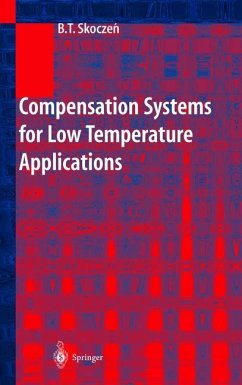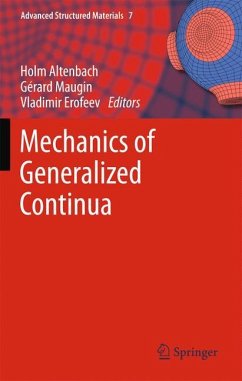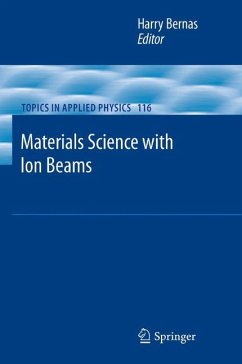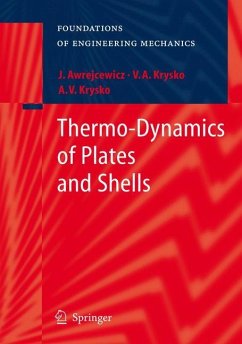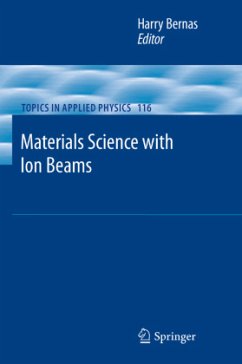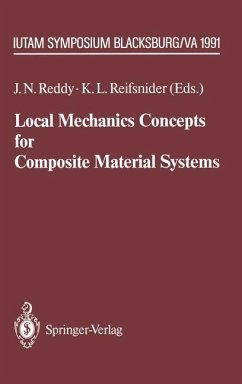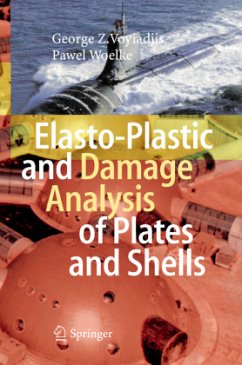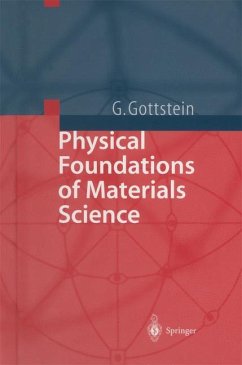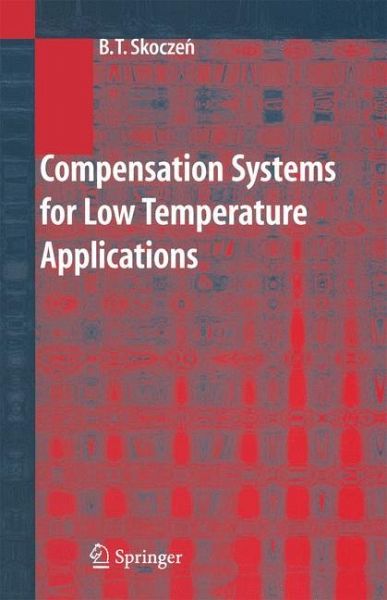
Compensation Systems for Low Temperature Applications
Versandkostenfrei!
Versandfertig in 6-10 Tagen
113,99 €
inkl. MwSt.
Weitere Ausgaben:

PAYBACK Punkte
57 °P sammeln!
The present monograph is mainly focused on the behaviour of ductile ma terials at cryogenic temperatures, stability issues concerning application of corrugated shells at cryogenic conditions and reliability oriented parametric optimisation of compensation systems containing the corrugated bellows. As there are relatively few publications on combined material and structural be haviour at very low temperatures, the monograph aims at filling this gap. It is worth pointing out that within the class of publications dedicated to low temperature behaviour of materials and structures the majority is b...
The present monograph is mainly focused on the behaviour of ductile ma terials at cryogenic temperatures, stability issues concerning application of corrugated shells at cryogenic conditions and reliability oriented parametric optimisation of compensation systems containing the corrugated bellows. As there are relatively few publications on combined material and structural be haviour at very low temperatures, the monograph aims at filling this gap. It is worth pointing out that within the class of publications dedicated to low temperature behaviour of materials and structures the majority is based on testing down to the temperature of liquid nitrogen (77 K). Rare publications deal with the analysis of material and structural response at the temperature of liquid helium (4. 5 K) or superfluid helium (below the point T. , = 2. 17 K). This can be explained by the fact that an (by its nature complex) installation for testing at such low temperatures is very expensive. Only the large research centres and universities, working in the domain of superconductivity, cryogen ics or developing superconducting magnets for particle accelerators, can afford such installations. A significant part of the present monograph is dedicated to the analy sis of the phenomena associated with plastic yielding in stainless steels at cryogenic temperatures. Generally, three phenomena are distinguished: plas tic strain induced phase transformations, serrated yielding and evolution of ductile damage.





